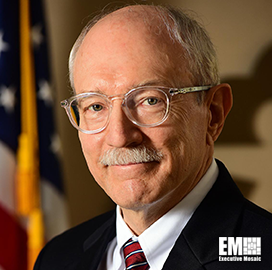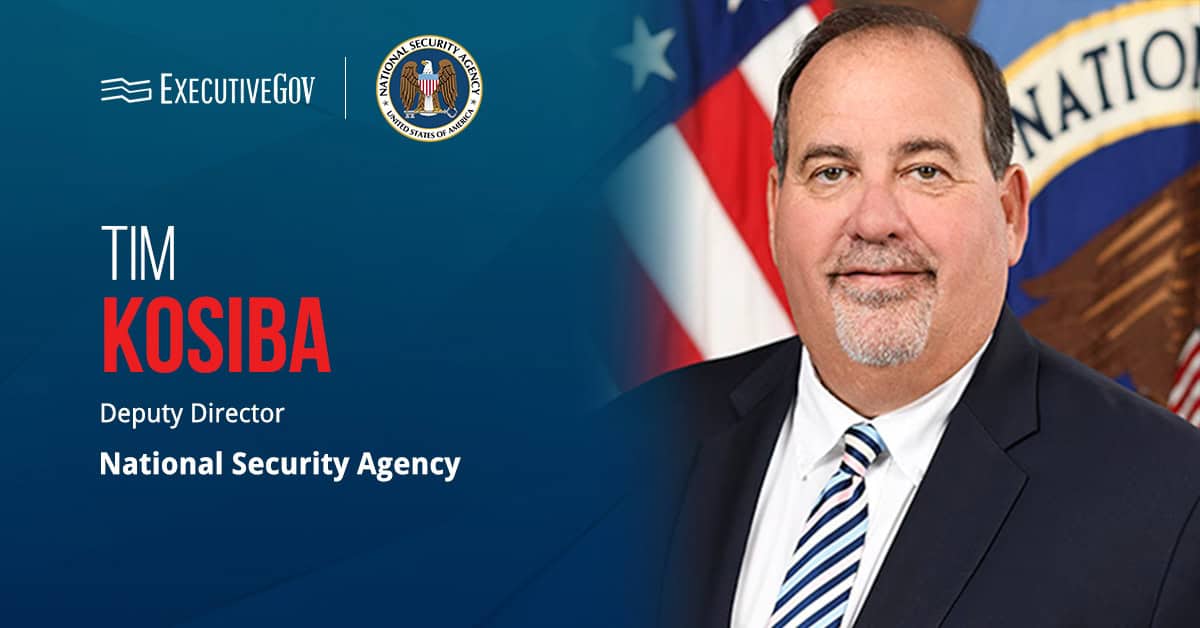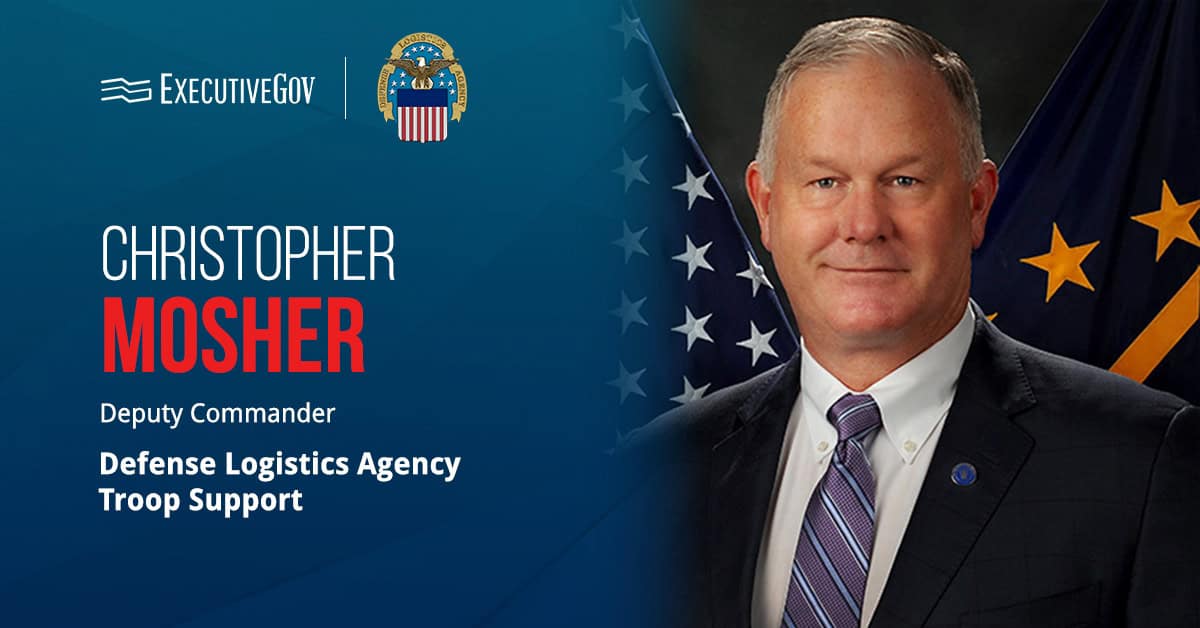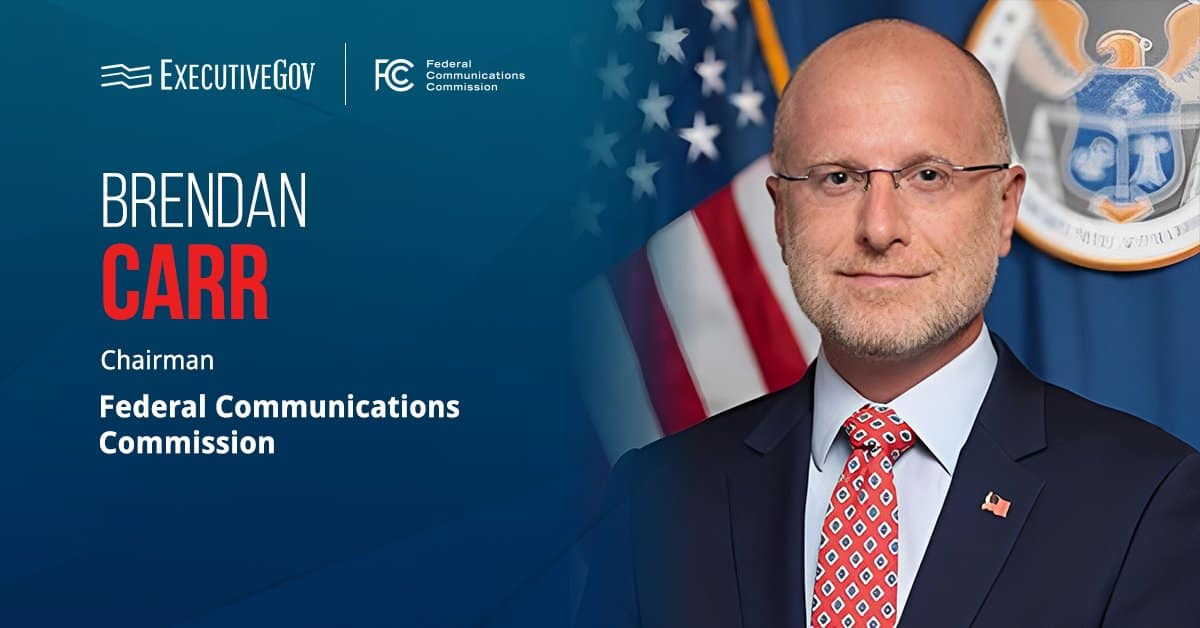Richard Woychik, formerly acting director at the National Institutes of Health's (NIH) National Institute of Environmental Health Sciences, has assumed the role on a full-time basis effective June 7. Woychik will oversee the U.S. National Toxicology Program and supervise the study of environmental effects on human health under his new capacity, NIH said Thursday.
He joined NIEHS in 2010 and managed the institute's strategic planning efforts and program implementation as deputy director. Woychik also spent 10 years as CEO and president at the Jackson Laboratory.
Woychik's research group identified a protocadherin gene that causes hearing loss in Cushing’s disease and validated a gene linked with polycystic kidney disease.





